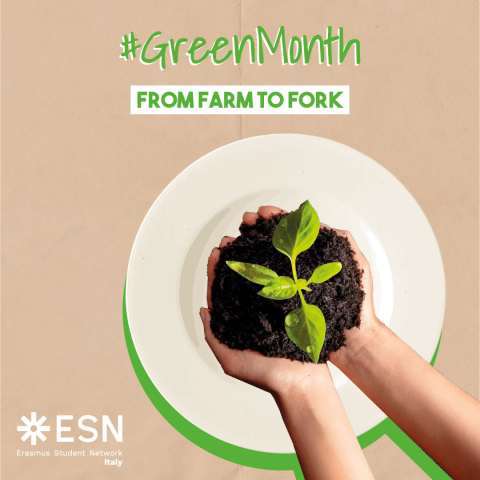“...
Green Month: From Farm To Fork
“... |
Healthy, planet-friendly nutrition? Let's green our health!
Can we cook in a way that is healthy for our bodies and our planet? The answer is yes! You may think we are talking about vegetarian and vegan diets: instead, we are talking about food waste. How much food ends up in our bins every day? How often do we let the food in our pantry or fridge expire due to carelessness? How often do we throw away the parts that seem less noble or waste rather than thinking about reusing them? Today we are going to help you understand how to avoid this with some simple measures, that will not only be good for your health, but also for the... |
"Mens sana": the importance of listening to yourself
How many times have we read and heard the Latin phrase “... |
Focus on reciprocity - New Welsh International Learning Exchange scheme
On Sunday, March 21st, the Welsh Government announced the launch of an International Learning Exchange Programme for Wales. Following the UK Government’s decision to... |
Follow us